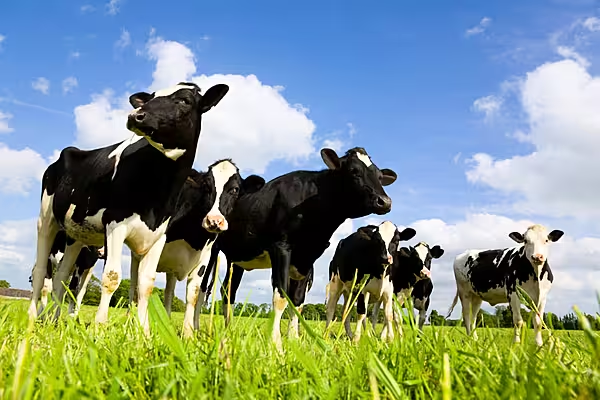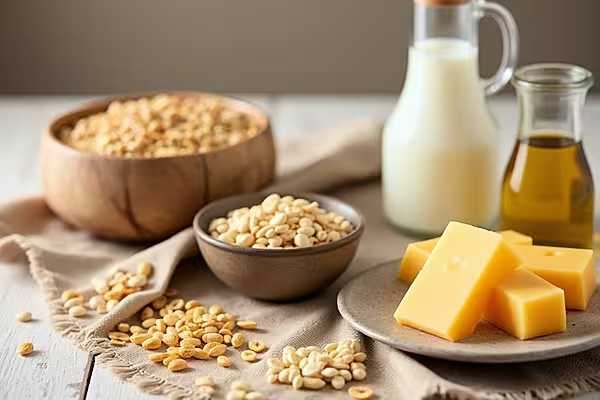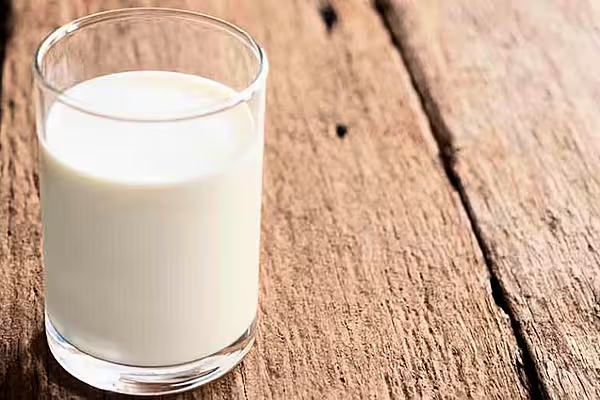Dairy firm FrieslandCampina has said that its revenues and profits came under pressure during the second quarter of its financial year, following a positive first quarter.
Announcing the company's first-half results, chief executive Hein Schumacher said that the company's out-of-home business saw revenue "mostly fall away" during the quarter, while its profitable infant nutrition business also took a hit.
'Stable' Revenue
For the first half of the year, FrieslandCampina posted a 'stable' revenue performance, up 0.3% to €5.6 million, however on a comparable basis, operating profit was down 17.2%, while profit was down 37.2% compared to the first half of 2019.
Milk price for member dairy farmers decreased by 3.5% to €36.59 per 100 kilos of milk due to a decline in basic dairy prices, while milk supply increased by 1.1% due to favourable weather conditions.
The company cited a 'strong decline in out-of-home sales, lower basic dairy prices and a fall in infant nutrition sales in Hong Kong due to closed borders with China', factors all driven by the coronavirus pandemic, as putting its performance under pressure during the period.
However, its Consumer Dairy and Ingredients businesses posted higher profits, partially offsetting these declines.
"We started 2020 well with results above last year, but this changed in mid-March due to the corona pandemic," Schumacher commented.
"As a result, FrieslandCampina felt the financial impact of the corona pandemic in the first half of 2020. Our total revenue stayed virtually the same, but we saw a shift from the profitable out-of-home segment, where revenue mostly fell away, to sales growth for basic dairy products where prices and profit margins dropped significantly due to the corona crisis."
Rapid Adaptation
He added that the business has "rapidly adapted" to new ways of working as a result of the ongoing crisis, putting additional focus on the primary process – the production and distribution of its products – while it has also made "great strides" in embracing digitalisation.
Noting that the world may be entering a global recession, with anticipated slow recovery, Schumacher added that further appraisal of the business' cost structures could be required.
"Looking ahead, we must now assume that we will enter a global recession in 2020 and that recovery will take time," he said.
"This necessitates us to further intervene in our cost structure and take measures to structurally improve our productivity. However, we will also continue to invest in our brands, innovations, sales channels (such as e-commerce) and growth markets. This combination should ensure that we emerge stronger from this challenging period.”
© 2020 European Supermarket Magazine – your source for the latest retail news. Article by Stephen Wynne-Jones. Click subscribe to sign up to ESM: The European Supermarket Magazine.














